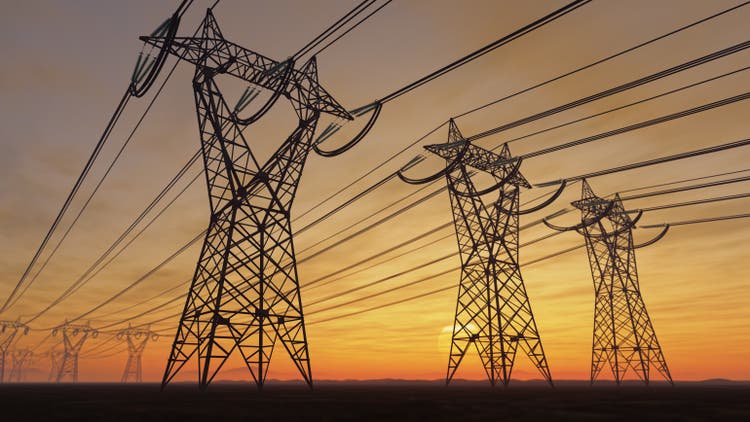Amazon seeks lawsuit dismissal days after SpaceX deal
With space launches, timing matters. Elon Musk’s SpaceX routinely delays rocket launches when adverse weather develops, for example, and the optimal time for a trip to Mars is when the red planet is closest to Earth, or about every two years.
In other notable timing in the space business, Amazon on Monday sought the dismissal of an investor lawsuit involving the launch of internet satellites for its Project Kuiper, which will compete with SpaceX’s Starlink in providing broadband connections globally, including in remote areas. Amazon sought the dismissal just 10 days after announcing a deal for SpaceX to carry some of its satellites.
Last year, Amazon announced agreements for up to 83 launches to carry its Kuiper satellites. Notably, not one of them involved SpaceX, despite it being a clear leader in the field. Instead, the contracts all went to Blue Origin, Europe’s Arianespace, and United Launch Alliance, a joint venture of Boeing and Lockheed Martin.
The investor lawsuit—filed in Delaware in August by the multi-employer Cleveland Bakers and Teamsters Pension Fund—alleges there was a “glaring conflict of interest” due to Jeff Bezos’ proximity to both Amazon and Blue Origin. The damages requested were unspecified.
“Bezos’ personal rivalry with Musk”
To understand the conflict of interest allegation, it helps to know that Bezos is executive chairman of Amazon—though he retired as CEO in 2021—and is also the primary owner of Blue Origin. The lawsuit alleges that Amazon’s leadership, including current CEO Andy Jassy, “excluded the most obvious and affordable launch provider, SpaceX, from its procurement process because of Bezos’ personal rivalry with Musk,” thereby breaching “basic fiduciary responsibilities.”
After investors filed the lawsuit in August, Amazon announced on Dec. 1 that it had signed a contract with SpaceX for three launches of Project Kuiper satellites. That was notable both in light of the lawsuit and because Amazon would be paying SpaceX to send up satellites to compete against it.
In its announcement, Amazon put the SpaceX deal in context, writing:
“Our earlier procurement of 77 heavy-lift rockets from Arianespace, Blue Origin, and United Launch Alliance (ULA) provides enough capacity to launch the majority of our satellite constellation, and the additional launches with SpaceX offer even more capacity to support our deployment schedule.”
While the deal with SpaceX would seem to ding the investor lawsuit—Amazon ultimately procured business with Musk’s space company, after all—Amazon denied that it was done in response to the litigation.
“The claims in the shareholder lawsuit had no impact on our procurement plans for Project Kuiper, including our recently disclosed launch agreement with SpaceX,” an Amazon spokesperson told Fortune. “The claims in that suit are completely without merit, and we look forward to showing that through the legal process.”
It’s also worth noting that launch procurement discussions can unfold over many months or years.
“You have been judged”
But the timing of the SpaceX deal just a few months after the lawsuit is striking, and there’s no denying that Musk and Bezos have been trading barbs in the space business for years.
When Blue Origin lost a legal fight against NASA in 2021 over the space agency giving a multibillion-dollar moon lander contract to SpaceX, Musk rubbed it in by tweeting, “You have been judged,” along with a photo from the dystopian sci-fi flick Judge Dredd.
However the lawsuit shakes out, Starlink and Kuiper will compete for customers in the future. For now, SpaceX has a big head start. Amazon plans to launch over 3,000 satellites into low-Earth orbit. SpaceX has more than 5,000 in operation already, and its broadband service is becoming increasingly available—the popular retailer Costco recently began selling its receivers, for instance.
Amazon is making notable progress but has a long way to go. After launching two prototype satellites in October, it announced this week that it had successfully used lasers to beam data between them, noting that eventually all its satellites use the technology to create mesh network connectivity, allowing for greater reliability and faster internet speeds.
But here, too, Musk is well ahead of Bezos and company. He explained the advantages of such lasers in a July 2021 Twitter post, and his Starlink service announced in late September that it now has “more than 8,000 space lasers across the constellation.”




